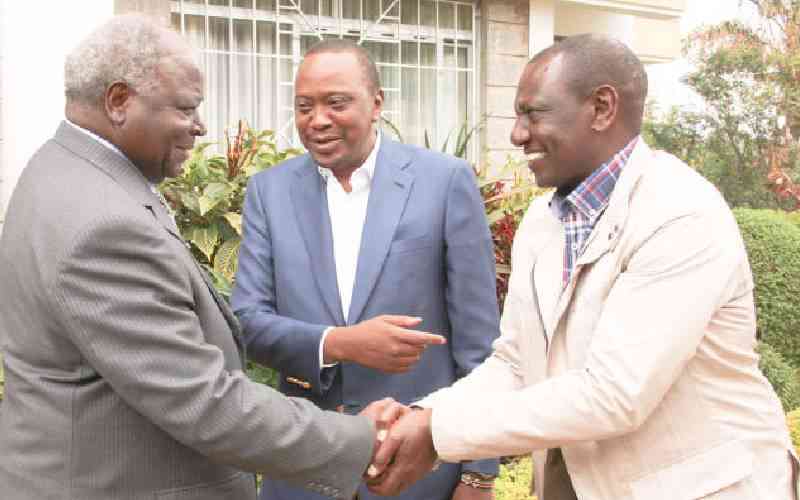×
The Standard e-Paper
Home To Bold Columnists

A shrinking faction of Kenyans still solidly behind President William Ruto's economic manoeuvres is daily entering into battle against the growing disillusionment on social media, especially X, where many are worried they are slipping down the financial ladder and getting poorer by the day.
Yet supporters of President Ruto, who claims to copy former President Mwai Kibaki's economic playbook, plead for patience, claiming a turnaround is within sight.